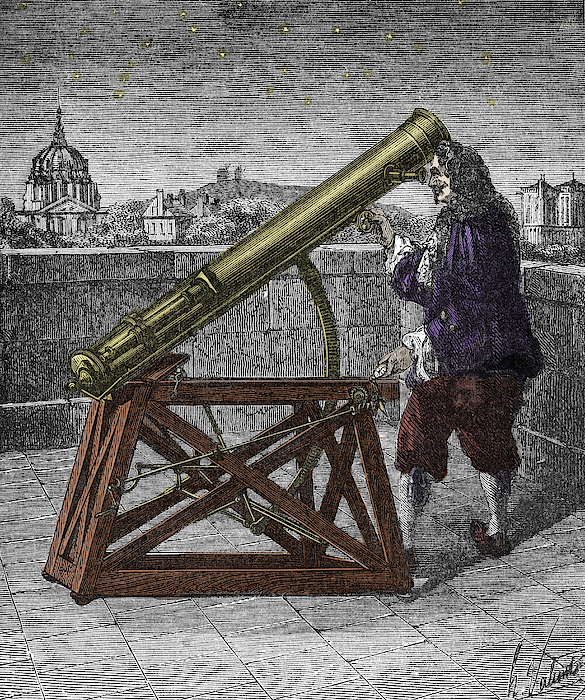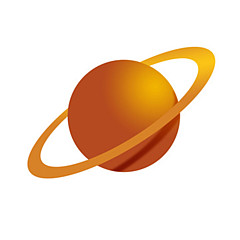Use code RJTJFG for 20% off at checkout. Until 5/31/20


Boundary: Bleed area may not be visible.


by Science Source
$93.00
Image Size
Product Details
Our shower curtains are made from 100% polyester fabric and include 12 holes at the top of the curtain for simple hanging from your own shower curtain rings. The total dimensions of each shower curtain are 71" wide x 74" tall.
Design Details
The Gregorian telescope is reflecting telescope designed by Scottish mathematician and astronomer James Gregory in the 17th century, and first built... more
Ships Within
2 - 3 business days

Photograph

Canvas Print

Framed Print

Art Print

Poster

Metal Print

Acrylic Print

Wood Print

Greeting Card

iPhone Case

Throw Pillow

Duvet Cover

Shower Curtain

Tote Bag

Round Beach Towel

Zip Pouch

Beach Towel

Weekender Tote Bag

Portable Battery Charger

Bath Towel

Apparel

Coffee Mug

Yoga Mat

Spiral Notebook

Fleece Blanket

Tapestry

Jigsaw Puzzle

Sticker
The Gregorian telescope is reflecting telescope designed by Scottish mathematician and astronomer James Gregory in the 17th century, and first built in 1673 by Robert Hooke. The design pre-dates the first practical reflecting telescope, the Newtonian telescope, built by Isaac Newton in 1668, but was not successfully built until 5 years after Newton's first reflecting telescope. The Gregorian telescope consists of two concave mirrors; the primary mirror collects the light and brings it to a focus before the secondary mirror where it is reflected back through a hole in the center of the primary, and thence out the bottom end of the instrument where it can be viewed with the aid of the eyepiece. This design solved the problem of viewing the image in a reflector by allowing the observer to stand behind the primary mirror. It renders an upright image, making it useful for terrestrial observations. It also works as a telephoto in that the tube is much shorter than the system's actual focal l...
$93.00


John Read
This is not a Gregorian telescope, it looks more like an F-10 newtonian. A Gregorian telescope, as the caption suggests, has a focal point (near where you look) at the back of the telescope, through a hole in the primary mirror (located at the back of the telescope).